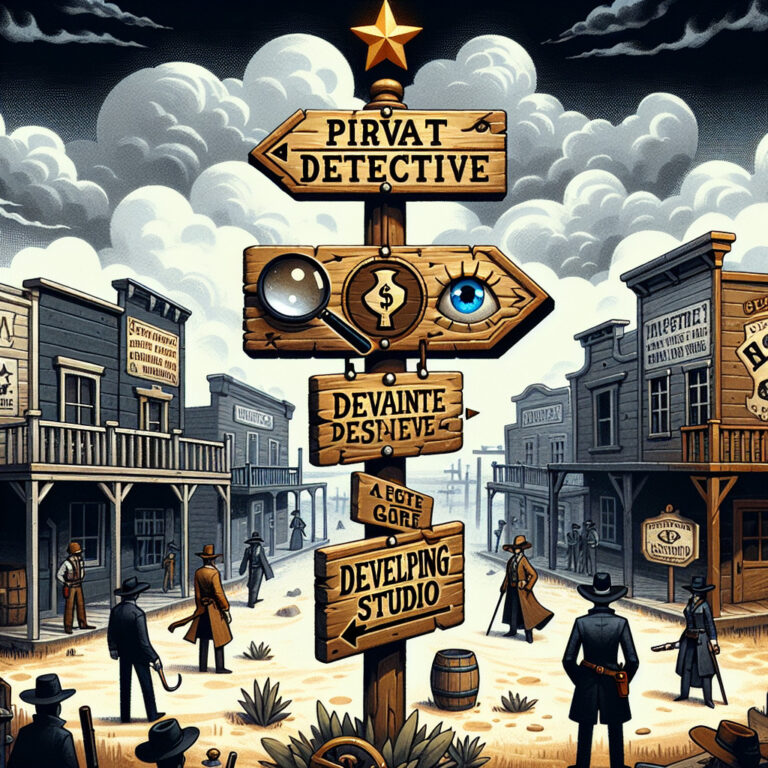In a surprising turn of events, the US private security/detective agency Pinkerton sued Rockstar Games and Take-Two Interactive over their use of the Pinkerton trademark and portrayal of agents as antagonists in Red Dead Redemption 2. The lawsuit, which was filed in 2019, accused the video game developers of using the Pinkerton name without permission and portraying its agents in a negative light.
Pinkerton, which traces its history back to the 19th century, argued that the use of its trademark in the game could cause confusion and damage its reputation. The agency also claimed that the game makers were capitalizing on the strong brand recognition associated with the Pinkerton name.
In response, Take-Two Interactive, the parent company of Rockstar Games, filed a counter-suit, claiming that their use of the Pinkerton name and agents in the game was protected under the doctrine of fair use. They argued that as a work of fiction, Red Dead Redemption 2 was a creative expression and did not infringe on Pinkerton’s trademark rights. They also pointed out that the Pinkerton agency is a part of American history and should be considered a fair subject for artistic representation.
The legal battle between Pinkerton and Take-Two brought to light the complex intersection of intellectual property rights and creative freedom in the gaming industry. It also raised questions about how real-life entities are depicted in works of fiction and the extent to which trademark claims can be used to control artistic expression.
Ultimately, the lawsuit was settled out of court, with Pinkerton and Take-Two reaching a confidential agreement. While the details of the settlement were not made public, it is clear that both parties recognized the value of finding a resolution that respected both the rights of the trademark holder and the creative freedom of the game developers.
The case of Pinkerton’s lawsuit against Rockstar Games and Take-Two Interactive serves as a reminder of the complexities and challenges that arise when real-world entities are portrayed in fictional works. It also highlights the importance of finding a balance between protecting intellectual property rights and allowing for artistic expression. As the gaming industry continues to evolve, it is likely that similar disputes will arise, and it will be important for both creators and trademark holders to navigate these issues with respect for each other’s rights.



